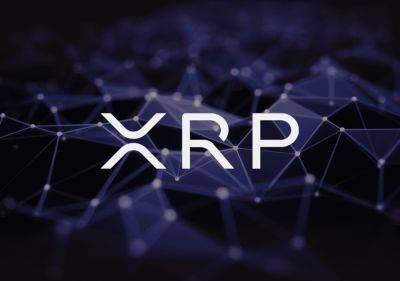Singapore Raises Concern Over Digital Payment Token Service Providers in New Report
Singapore’s recently updated Money Laundering National Risk Assessment (NRA) has raised concerns regarding the increased vulnerabilities posed by digital payment token (DPT) service providers.
The comprehensive 126-page report, which identifies new risk sectors not covered in the previous 2014 report, also includes DPT service providers and precious stone and metal dealers as areas of concern.
Among these sectors, the banking industry, including wealth management, is identified as posing the highest money laundering risks.
Banks are more susceptible to criminal exploitation due to their role in facilitating large transaction volumes and serving high-risk customers.
Within the financial sector, DPT service providers, also known as virtual asset service providers, stand out as a high-risk category.
The NRA report highlights an increase in reported cases involving DPTs and a variety of exploitation methods.
Despite Singapore’s relatively small share of global DPT activities, authorities closely monitor the associated risks.
Other high-risk sectors in the financial industry include payment institutions offering cross-border money transfer services and external asset managers.
The NRA report, a collaborative effort involving Singapore’s supervisory and law enforcement agencies, the Financial Intelligence Unit, and feedback from private sector entities and foreign authorities, reveals that the key money laundering threats in Singapore stem from fraud (particularly cyber-enabled fraud), organized crime, corruption, tax crimes, and trade-based money laundering.
Typical money laundering methods include concealing illegal funds in Singaporean bank accounts, utilizing fictitious companies, and investing in valuable assets such as real
Read more on cryptonews.com




















